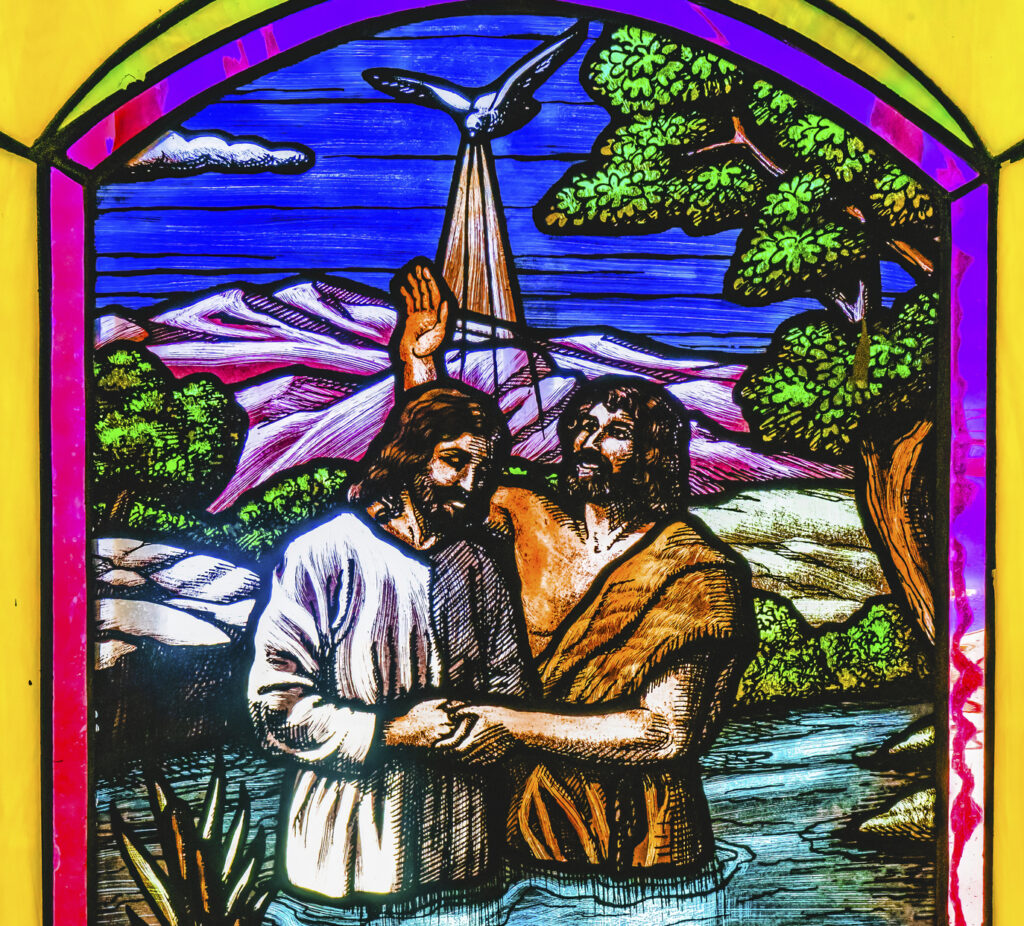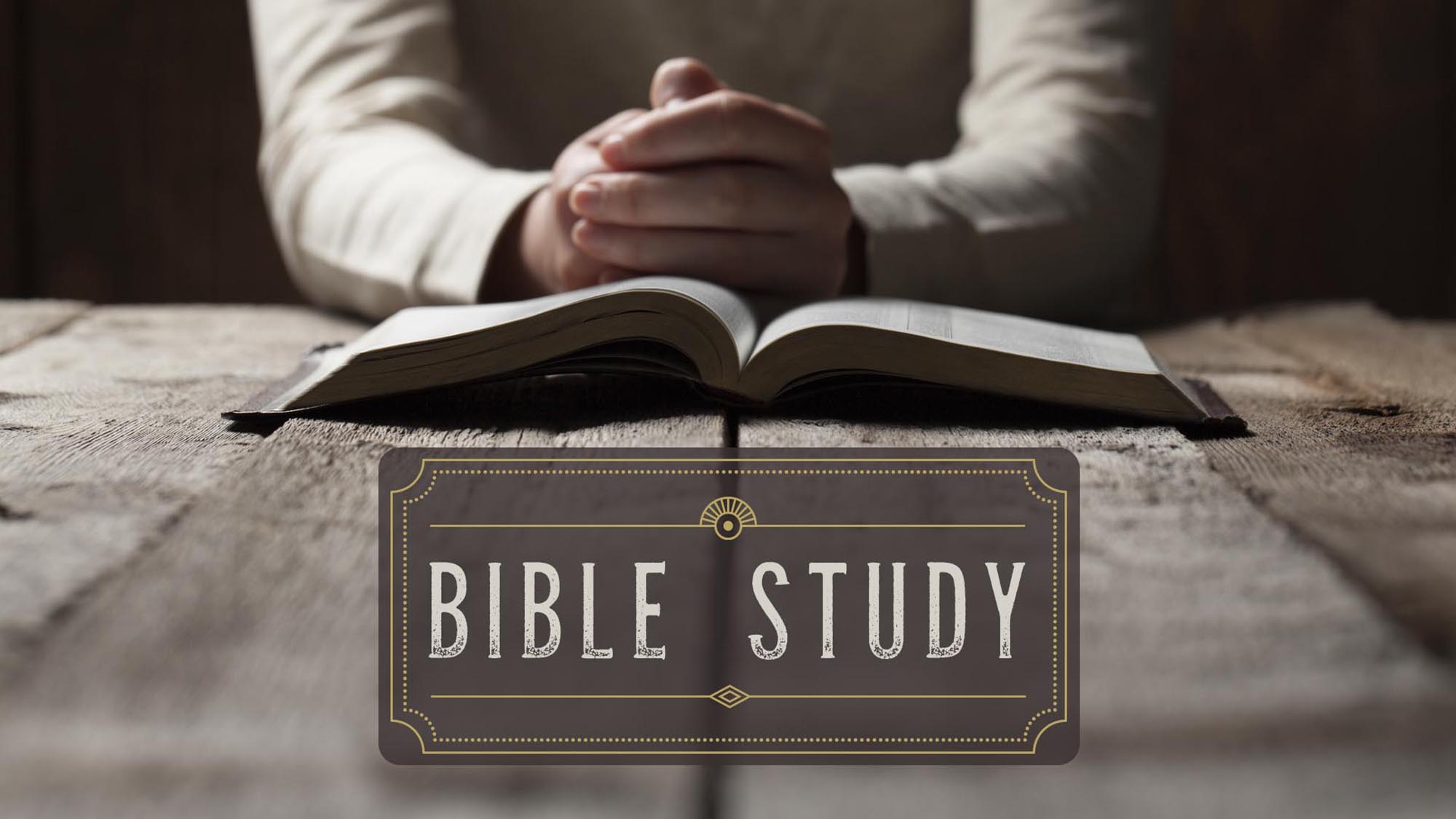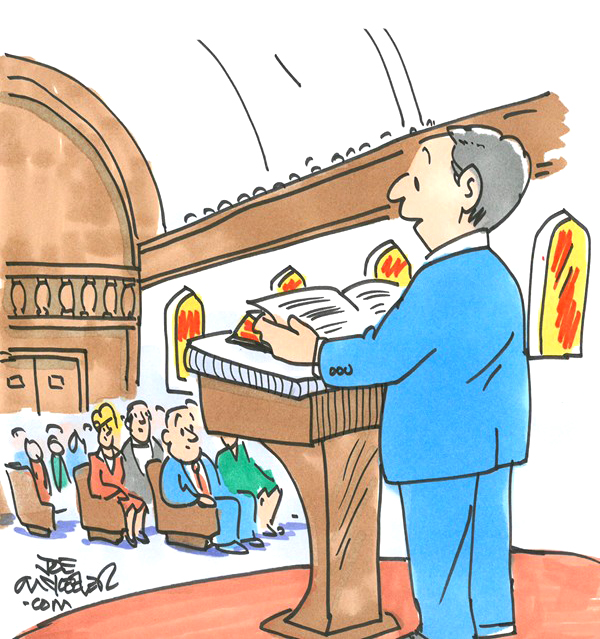
Why do Baptists write confessions? How do Baptists use confessions? These are the key questions facing Southern Baptists today as we address divisive issues like the authority of Jesus Christ and the titles which can be assigned to Christians in the churches.
We believe confessions are necessary for Baptists because they are necessary to how we express the Christian faith. We also believe they have subordinate authority in the churches because Christ rules over his congregations as they gather under His Word.
I. Confessions are Necessary
Both B. H. Carroll and J. A. Broadus lamented together when Baptists forgot “the vital and fundamental doctrines of the gospel.” Carroll reported Broadus saying, “I fear that the new generation does not know the doctrines as our fathers knew them.” We detect a similar problem today.
Why are confessions necessary? Confession begins in conversion. The Word of God and the Spirit of God save us as we proclaim the basic Christian confession that “Jesus is Lord” (Romans 10:9-10; 1 Corinthians 12:3). We are converted as we hear His Word proclaimed and confess His Word for ourselves (Romans 10:14, 18). Confessing faith in the Person and Work of Jesus Christ is integral to salvation, as is confessing our sin to God in repentance (Psalm 32:5; 1 John 1:9).
As the early church grew in faith and encountered heresies and errors in theology and morality, it learned to confess with greater clarity by way of “contending for the faith delivered to the saints once for all” (Jude 1:3). Like later Baptists, Christ’s first disciples understood confession of sin and of faith begin at baptism (Matthew 3:6; Romans 6:4).
In this way the Triune formula which Christ provided for baptism (Matthew 28:19) became the indispensable core of Christian theological confession. As statements of Christian faith, Christian confessions prioritize the Gospel confessed at baptism in the Name of the Father and the Son and the Holy Spirit. Confession begins in baptism and continues as we fulfill the Great Commission in witness and teaching.
II. The Great Creeds
Through baptism, the early church learned to confess the foundational doctrine of the Trinity, that the One God is Father and Son and Holy Spirit. The three divine Persons relate eternally, beyond time and creation, in the generation of the Son (John 1:14, 18; 3:16; Hebrews 1:5; 5:5; etc.) and the procession of the Holy Spirit (John 15:26; etc.). There is no distortion, division or diminishing in essence, power, authority, will, or operation between the three divine Persons (John 16:5).
The early church also learned to confess as a foundational necessity that our Lord Jesus Christ is One Person, fully God and fully man. As fully divine, Christ possesses simply, eternally and equally with the Father and the Spirit all the divine attributes without diminishing, cessation or qualification. As fully human, he was born, grew and submitted to suffering and death. He was also gloriously raised from the dead, ascended to the right hand of the Father and will one day return to judge the living and the dead.
These fundamental truths about God the Trinity and about the true divinity and true humanity of the One Lord Jesus Christ, who died and arose from the dead, were exegeted from Scripture, debated among pastors and settled as indispensable dogma for the true churches, separating saving faith from theological error. The doctrines of the ecumenical councils were collected into the great creeds known as the Apostles’ Creed, the Nicene Creed, the Formula of Chalcedon and the Athanasian Creed.
III. Baptist Confessions
When the early Baptists began to confess their own faith amid persecution by the state churches, they incorporated these fundamental dogmas into their confessions. Both the Orthodox Creed of the General Baptists (1679) and the Second London Confession of the Particular Baptists (1689) highlighted the great creeds. Neither of those confessions are officially adopted by Southern Baptists, but we have similar summaries in our own statement of faith.
The attacks on Scripture’s truthfulness prompted the Southern Baptist Convention’s first confessional committee to revise the New Hampshire Confession of Faith and add several articles to express our indispensable priorities of religious liberty, education and cooperation. The Baptist Faith and Message hereby became our common statement in 1925. An article on the family, under obvious siege, was added in 1998. It has been revised repeatedly through the years as we have faced new challenges from within and without.
Because of our emphases upon the unique supremacy of Jesus Christ, the entire sufficiency of Scripture, every person’s liberty of conscience and the autonomy of the local churches, as well as Baptists’ awful sufferings under persecuting state churches, Southern Baptists are very reluctant to treat their confessions in the same way as others. We neither view nor use confessions in the way of Roman Catholic, Anglican, Lutheran and Presbyterian Christians. The repeatedly approved preamble of the Baptist Faith and Message, therefore, strongly emphasizes Baptist confessions are “a consensus of opinion,” are not “complete,” do not hinder any “inherent right,” are “only guides,” have “no authority over conscience” and are “not to be used to hamper freedom of thought.” Southern Baptists recognize that our confession is amendable because only Scripture is without error.
Accomplished Baptist scholars like Edward Underhill, William McGlothlin, William Lumpkin and others have collected and analyzed the content and the historic use of Baptist confessions. The first, writing in 1854, declared Baptist confessions “were not creeds, compulsorily imposed on the members of churches or Baptist bodies.” Like the leading conservative scholar Timothy George, they universally concluded that most Baptists have simultaneously advocated for confessional declaration while also warning against “the dangers of creedalism.”
IV. Today
We join with these great scholars and with our own denomination in affirming both the necessity and the limitations of Baptist confessionalism.
First, we believe Baptists should vigorously confess their faith as individuals, as churches and as associations of churches. Indeed, we assert Baptist confessionalism is fundamentally integral to Baptist identity. Moreover, we believe the greatest challenge facing Southern Baptists today comes not from confusion over church offices but from teachers who distort the entire and equal divinity of Jesus Christ. Eternal functional subordination or eternal submission of the Son is the greatest challenge to the faith once for all delivered to the saints among Southern Baptists today.
Second, we believe Baptists must be careful never to fall into the horrific error of state churches who wrongly imposed their confessions on others, including on Baptists. Indeed, Baptist confessionalism ceases to be Baptist when it is used as a weapon against others rather than as an invitation to consider the Good News of Jesus Christ, the great truths of His Word, and the free offer of salvation to all who will believe in and confess Him as their only Lord.
©2023, Malcolm Yarnell and Steve McKinion, All Rights Reserved





















